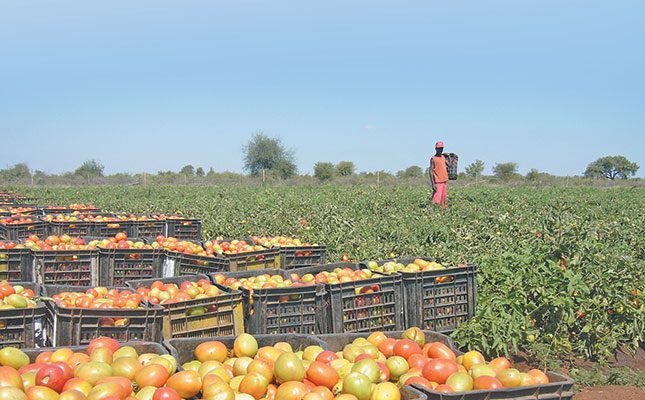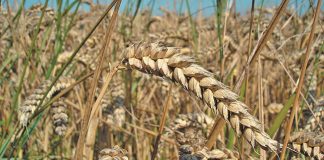
The announcement by the Botswana government was made on Monday. This comes as the export ban currently in place was due to expire at the end of December 2023. Instead, the ban will now continue until the end of 2025, with the number of items banned doubling as of July next year. Staple foods like tomatoes, potatoes and onions are among the largest commodities affected.
South Africa’s minister of Agriculture, Land Reform, and Rural Development, Thoko Didiza, is reportedly urgently seeking a meeting with her counterpart in Botswana to resolve the breach of the Southern Africa Customs Union agreement.
Didiza said the restrictions had a negative impact on bilateral trade between the two countries. South Africa supplied almost 80% of Botswana’s food prior to the ban. The country is however seeking to boost its own farmers to allow the country to become self-sufficient in food production. Since the inception of the ban, Botswana’s fresh produce import bill has been cut by 71%.
The consequences for South African farmers are felt in price reductions at market level, since demand from exporters diminished. Hendrik Eksteen, CEO of Grow Fresh Produce Agents, told Farmer’s Weekly that while South Africa could absorb the extra volumes as a result of the lost Botswana market, it affected the supply and demand balance, resulting in lower prices.
He lamented that the Botswana government seemed to have little regard for the free trade agreement in place, and was known to shut their borders on short notice when local vegetable supply became available.
“Often the restrictions on trade are not properly communicated, and it is the buyers that procure produce from the municipal markets to sell in Botswana that suffer the most losses, since they often only find out about the ban when they get to the border.”
Commodity organisations like Potatoes SA and farming groups in South Africa have repeatedly tried to negotiate with the Botswana government to lift the ban, but to no avail. The industry is now looking to Didiza for a solution.












